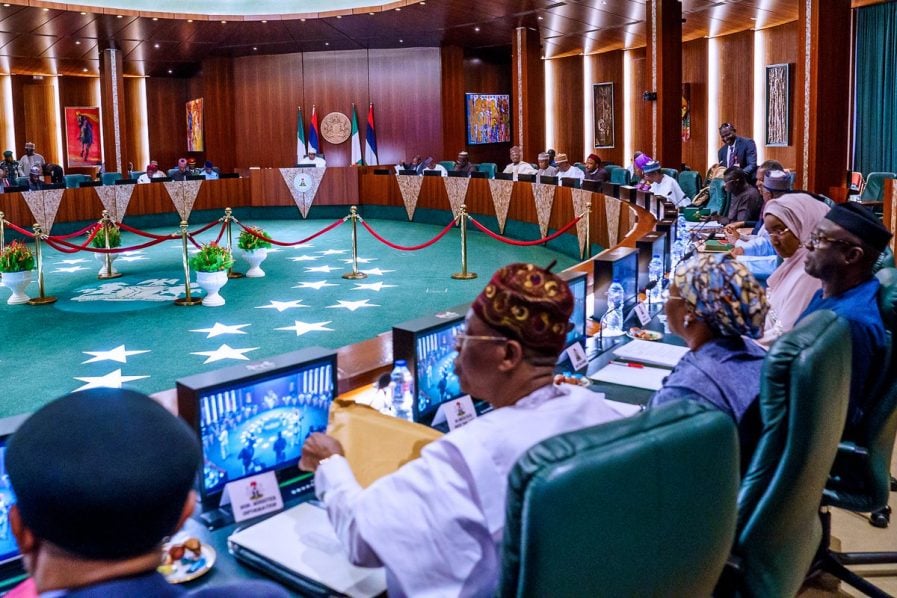To drive economic growth and development, it’s essential to focus on key fundamentals that attract investments and promote sustainable development. The framework outlined below highlights the critical elements necessary for achieving this goal.*Key Fundamentals:*- *Politics:*

Good governance is crucial for creating a stable and attractive investment environment. This includes: – *Transparency:* Ensuring clear and consistent policies. – *Accountability:* Holding leaders accountable for their actions. – *Rule of Law:* Upholding the law and protecting property rights.- *People:* Improving welfare and expanding safety nets is vital for creating a prosperous and stable society. This includes: – *Education:* Investing in education and skills development. –
*Healthcare:* Providing access to quality healthcare services. – *Social Protection:* Implementing effective social safety nets to protect vulnerable populations.- *Protection:* Ensuring security, peace, and predictability is essential for attracting investments and promoting economic growth. This includes: – *Security:* Providing a safe and secure environment for businesses to operate. – *Peace:* Fostering a culture of peace and stability. – *Predictability:* Ensuring a stable and predictable business environment.- *Partnership:* Collaboration across all stakeholders is necessary for driving sustainable development. This includes: – *Local Communities:* Engaging with local communities and ensuring their participation in development projects. – *Civil Society:*
Collaborating with civil society organizations to promote social and economic development. – *Private Sector:* Partnering with the private sector to drive economic growth and innovation. – *International Partners:* Working with international partners to access funding, technology, and expertise.*Leadership and Transformation*-
*Transformational Leadership:* Strong and visionary leadership is necessary for driving sustainable development and attracting investments.- *Zero Hunger:* Moving from zero hunger to sustainable food systems requires a comprehensive approach that includes: – *Agricultural Development:* Investing in agriculture and promoting sustainable agricultural practices. – *Water Resources:*
Developing and managing water resources effectively. – *Renewable Energy:* Harnessing renewable energy sources, such as solar power, to drive economic growth.*Economic Data:*- *GDP Growth:* 4.23%- *Tax-to-GDP Ratio:* 13.5%- *Debt-to-GDP Ratio:* 38.8%- *Foreign Exchange Reserves:* $42 billion*Key Sectors:*- *Agriculture:* Unlocking the potential of agriculture through sustainable practices and value-added products.- *Solid Mineral Resources:* Developing the solid mineral sector to drive economic growth and create jobs.- *Tourism:* Promoting tourism and game reserves to showcase Nigeria’s natural beauty and cultural heritage.By focusing on these key fundamentals and sectors, Nigeria can attract investments, drive economic growth, and achieve sustainable development.Nigeria’s economic potential can be assessed across various regions and sectors.
Here’s an overview:*Regional Economic Potential:*- *Abuja:* As the capital city, Abuja has significant economic potential driven by its administrative and business sectors. The city’s infrastructure and strategic location make it an attractive hub for investments.- *South-South Region:* Rich in oil and gas resources, this region drives Nigeria’s economy. The Niger Delta coastline also offers potential for coastal and marine tourism.- *South-East Region:* Known for its entrepreneurial spirit, the South-East region has a growing economy driven by industries like commerce and manufacturing.- *South-West Region:* Lagos, a major economic hub, drives Nigeria’s economy through its ports, finance, and entertainment industries.- *North-Central Region:* This region has potential for agriculture, mining, and tourism, with the Niger River offering opportunities for water resources development.- *North-West Region:*
Agriculture and mining are significant in this region, with opportunities for economic growth through irrigation and mechanized farming.*Sectoral Economic Potential:*- *Mineral Resources:* Nigeria’s solid mineral deposits, including gold, limestone, coal, and bitumen, are estimated to contribute significantly to non-oil revenue, with a 40.5% surge in non-oil revenue recorded between January and August 2025, reaching $13.8 billion.- *Blue and Marine Economy:* The blue economy sector has vast potential, with ocean resources contributing to economic growth, job creation, and food security. Key areas include ¹: – *Fisheries and Aquaculture:* Fishery contributed 2,978.6 trillion to GDP between 2015-2022. – *Maritime Transport and Shipping:* The maritime sector plays a pivotal role in Nigeria’s economic growth and trade activities. – *Tourism:* Coastal tourism potential exists in Nigeria, particularly in the Niger Delta coastline and Lagos beaches.-
*Tourism:* Nigeria’s tourism sector has potential for growth, with attractions like game reserves, cultural festivals, and historical sites. In 2020, tourism contributed $321 million to Nigeria’s GDP.- *Creative Economy:* The creative sector is projected to be valued at $100 billion by 2030, with key areas like: – *Film and Music:* Nollywood and Afrobeat have gained international recognition. – *Fashion and Design:* Nigerian fashion is gaining popularity globally. – *Digital Economy:* Opportunities exist for growth in e-commerce, software development, and digital services.These sectors and regions have significant potential for economic growth and development, but challenges like infrastructure deficits, insecurity, and policy inconsistencies need to be addressed to unlock their full potential ² ³.*Supportive Quotes:*- *”The future belongs to those who believe in the beauty of their dreams.”* – Eleanor Roosevelt- *”
Sustainable development is the pathway to a better future for all.”* – United Nations- *”Africa’s future is bright, and its people are its greatest asset.”* – Akinwumi Adesina, President of the African Development Bank*Recommendations:*- *Diversify the Economy:* Invest in sectors like agriculture, solid minerals, and creative industries to reduce dependence on oil.- *Promote Sustainable Development:* Encourage practices that balance economic growth with environmental protection and social inclusion.- *
Foster Public-Private Partnerships:* Collaborate with the private sector to drive innovation, create jobs, and improve infrastructure.- *Invest in Human Capital:* Develop skills and education to equip the workforce for emerging industries and technologies.*Conclusion:*Nigeria’s economic potential is vast and diverse, with opportunities for growth in various sectors and regions. By leveraging its resources, promoting sustainable development, and fostering partnerships, Nigeria can unlock its full potential and create a brighter future for its citizens. With the right policies and investments, the country can achieve economic prosperity, reduce poverty, and improve the well-being of its people.
by
Otunba Kenny Odugbemi